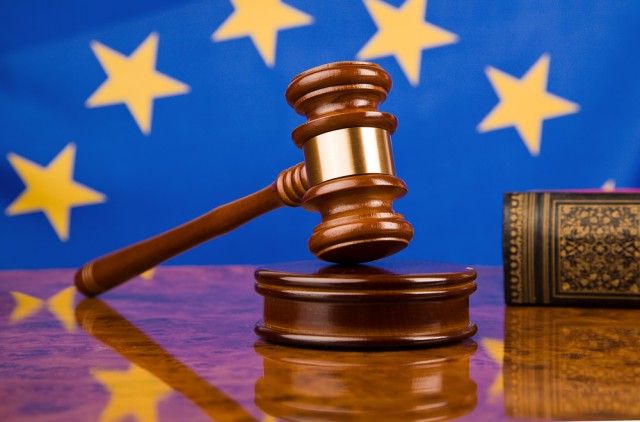
Google changes search labels following EU investigation
Following an investigation by the European Commission into whether Google unfairly promoted its own services, the search giant has agreed to make some changes to the way results are displayed.
Google will more clearly label search results that link to YouTube, Google Maps and its other sites. The Commission has proposed that these changes run for a month whilst it collects public feedback. The EC will then decide whether to make them legally binding for five years, in which case an independent monitor would be appointed to oversee proper implementation.

Samsung is accused of posting fake HTC product reviews
The Taiwanese Fair Trade Commission is investigating allegations that Samsung representatives posted fake reviews of rival HTC’s products online. Allegations of dirty dealing come from whistle-blowing site taiwansamsungleaks.org, which posted documents it claims are from a third-party marketing agency employed by Samsung.
The documents reveal a raft of allegedly fake posts on popular Taiwanese gadget websites, prompting the leaks site to describe Samsung’s tactics as "evil". The company is accused of hiring students to post negative comments about HTC smartphones.

FairSearch files complaint against 'Google's anti-competitive' mobile strategy, in the EU
FairSearch, a coalition comprised of 17 global businesses including Expedia, Kayak, Microsoft, Oracle, Nokia and TripAdvisor, has announced that it has filed a complaint with the European Commission (EC) against Google, citing an "anti-competitive strategy" and consolidating "control over consumer Internet data for online advertising" in the mobile space.
FairSearch uses two reports from Strategy Analytics (SA) and eMarketer to base its claims. According to the coalition, Google exerts its dominance in the mobile operating system space with Android, which held a 68.4 percent market share in 2012 per SA, and in mobile search advertising, which eMarketer says Google dominates with a 96 percent market share.
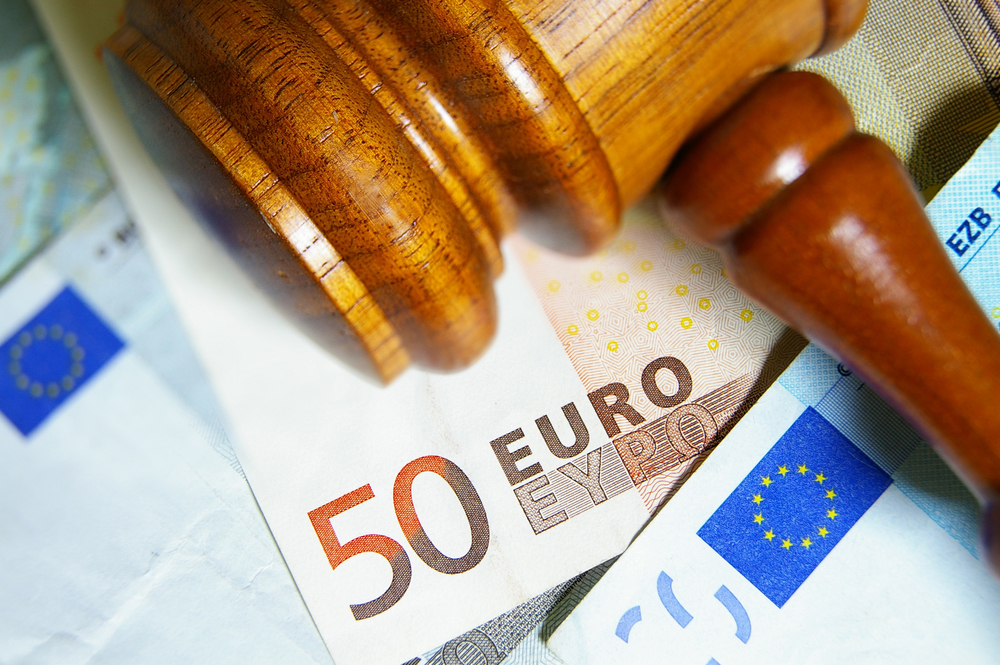
Microsoft fined $731m after a ‘technical error’ led to it breaking its EU antitrust promise
Wow. You don’t mess with the EU antitrust regulators. This is something Microsoft has discovered to its cost after being landed with a 561 million euros ($731 million) fine for failing to promote a range of other browsers to Windows users in the European Union (EU).
As part of a settlement that followed an EU antitrust investigation back in 2009, Microsoft agreed to offer a Browser Choice Screen pop-up to European customers which would allow them to choose which browser they wanted to use -- rather than simply just forcing Internet Explorer on them. This followed an investigation triggered when Norwegian browser maker Opera complained that by bundling IE with Windows Microsoft was effectively killing the competition.
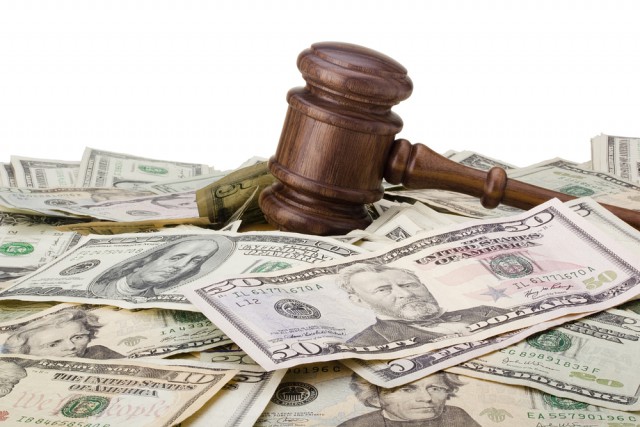
Judge denies Apple request to increase damages against Samsung, cuts them by 40 percent instead
Apple's patent case against Samsung took an unexpected turn today. Judge Lucy Koh cut the damages, citing jury errors, removing some devices previously found to infringe the fruit-logo company's patents. Jurors had awarded about $1.05 billion in damages, which now are just $600 million (rounded up slightly). The South Korean electronics giant isn't off the hook by any means. More than a dozen devices remain infringers.
Judge Koh's order is a blow to Apple, but not one that invalidates any real part of its patent victory. The judge found that the jury had inappropriately calculated damages for some products, based in part on their acceptance of arguments made by Apple expert witness Terry Musika.

UK ISPs ordered to block more piracy sites
Remember how last year the British Phonographic Industry (BPI) managed to persuade the UK High Court to order ISPs to block the Pirate Bay, in order to completely eradicate piracy and save the music industry?
Well as it turns out, that didn’t quite do the trick, so the BPI has returned to the High Court and this time it’s Kickass Torrents, H33T and Fenopy which are being blocked. A move which, of course, will definitely stop piracy this time. A bit like how, when Jessops went bust in the UK, no one was able to buy cameras any more.

Apple offers refunds to parents whose children have made in-app purchases without permission
In-app purchases are a lucrative revenue stream for both Apple and the developers who embrace it. It provides a way to try a game and then unlock the full thing, or gain access to additional features. In Temple Run 2, for example, you can use real money to buy coins and gems to use on unlocking new characters and abilities.
The problem is a lot of game makers offer this facility in their apps, and until Apple made a change to its purchasing system in iOS 4.3, it was possible for children to spend money on in-app purchases without their parents knowledge. This, inevitably, lead to a lawsuit against Apple, with the technology giant accused of failing to adequately publicize the existence of the feature in certain App Store games aimed at children.
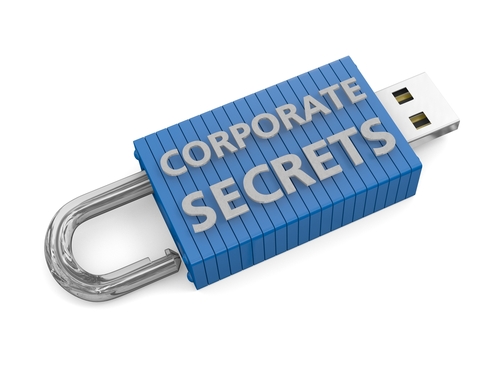
Employees frequently steal (and use) confidential data when switching jobs
According to Symantec, businesses are increasingly at risk of insider IP theft, with staff moving, sharing and exposing sensitive data on a daily basis and, worse still, taking confidential information with them when they change employers.
A new survey conducted by The Ponemon Institute, and based on responses from 3,317 individuals in the United States, United Kingdom, France, Brazil, China and Korea, shows that half of employees admit to taking corporate data when they leave a job, with 40 percent saying they intend to use the data in their new position.
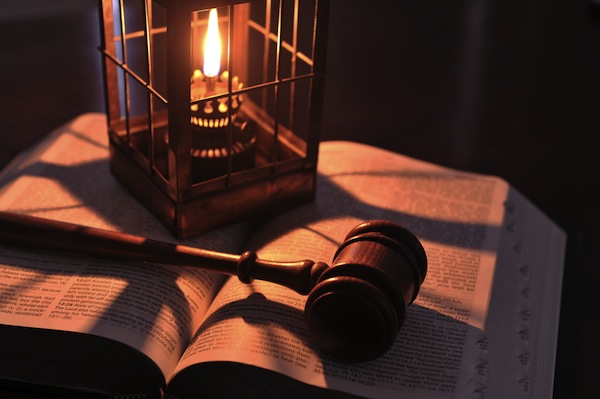
Judge rules Samsung did not ‘willfully’ infringe Apple’s patents
On 24 August 2012, after a thirteen day trial and three full days of deliberation, a California jury found Samsung guilty of infringing on several Apple patents and awarded the American company $1.05 billion in damages. The jury also found that Samsung had willfully stolen design elements from Apple, a damning finding which could have seen the amount of damages significantly increased.
Fortunately for Samsung, following post-trial hearings held over the past few months, US District Court Judge Lucy Koh last night issued a ruling overturning the jury’s willful infringement finding, a move which prevents Apple from being able to seek additional damages.

The Pirate Bay documentary gets a trailer, racks up over 1.3 million views in days
While other file sharing sites have come and gone, closed down by the authorities or voluntarily removed by the owners, The Pirate Bay remains a constant. Sure, if you live in the UK your access to it is now blocked by court order, but the site is still up on the web, still serving links to infringing content, and seemingly unstoppable -- even though plenty of people have tried to stop it.
A forthcoming documentary, TPB AFK, charts the "away from keyboard" true-life story of The Pirate Bay and is set to be released this spring, timed to coincide with a "major film festival". The new trailer for the film, up on YouTube, has already racked up over 1.3 million views, and its success has spurred Simon Klose, the director, into trying to make a little money from it.
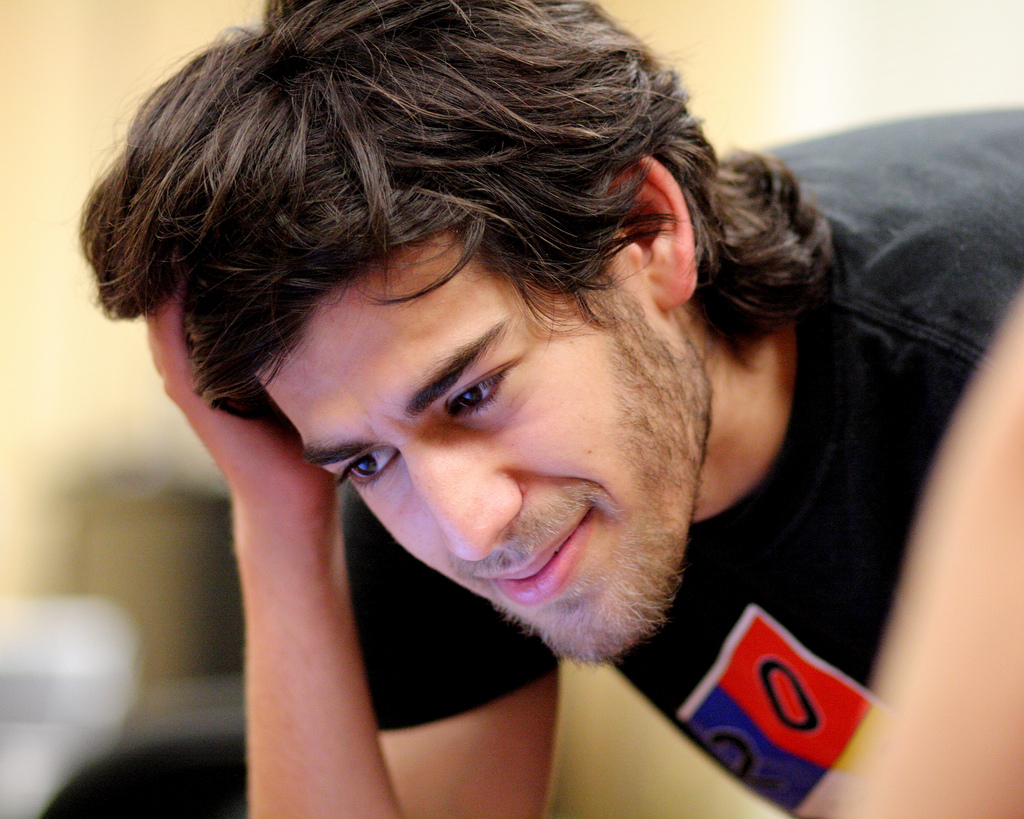
Who is Aaron Swartz?
I am not a geek, hacker or programmer but simple storyteller. Some stories are unbearable to write, such as this one -- about an amazing geek and hacker who died suddenly, sadly on January 11. The world lost someone special two days ago. As you prepared for your weekend fun, he contemplated the last moments of life before taking it. You can blame the US government, as his family does and I do. A bright star has gone dark on the Internet firmament, and we'll never know what won't be seen because of it.
I didn't know Aaron Swartz, just of him. I followed some of his accomplishments and legal woes, which surely were catalyst for his final decision. Around the InterWebs, the 26 year old is described in many ways: "programmer"; "hacker"; "activist"; "advocate". His work almost certainly touches your daily life. Swartz co-authored RSS 1.0; he helped architect Creative Commons; he was serendipitous Reddit cofounder via acquisition of his company Infogami; and he was one of the most vocal, active and successful SOPA (Stop Online Piracy Act) opponents.
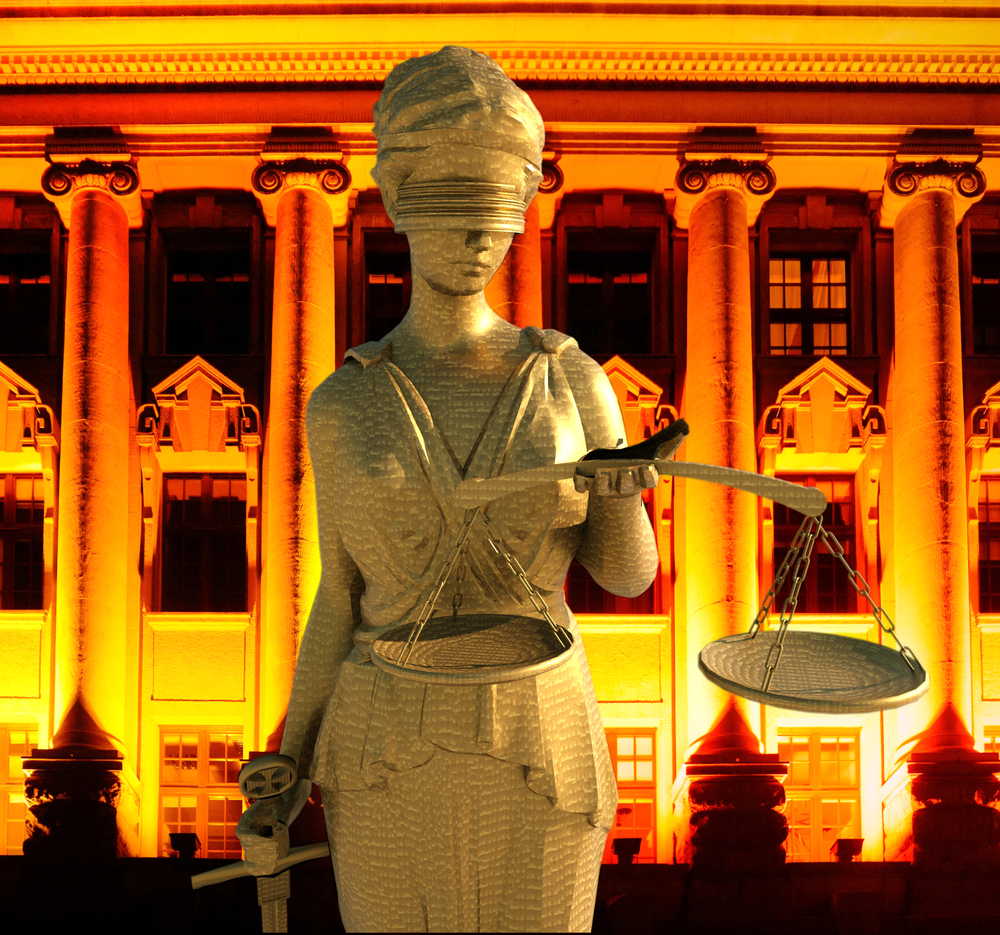
The FTC is right, Google isn't a dangerous monopoly
The US Federal Trade Commission decision to close the Google "search bias" investigation is absolutely in the best interest of consumers. On that point, I agree with agency Chairman Jon Leibowitz, who announced the findings during a January 3 press conference. The result isn't what many Google critics or competitors hoped for, or even what some in the news media expected. Journalists repeatedly probed on the investigation's closing during yesterday's Q&A. Many people view Google to be a monopoly, perhaps dangerous one, while others regard the search giant increasingly as gatekeeper to the Internet.
In response to journalist questions, Leibowitz said that anyone in his position wants to take on the career-making case, which inference is clear: Google isn't it. "The Commission exhaustively investigated allegations that Google unfairly manipulated its search engine results to harm its competitors, a practice known as search bias", he said yesterday. "The Commission has closed this investigation by a 5-0 vote", which is unanimous, by the way. The decision fits long-standing US legal principles about competition and protecting consumers. Perhaps the government learned lessons from its monopoly case against Microsoft, which, as I previously asserted, failed to achieve its goals.

What are the terms of Google's FTC settlement?
Earlier today, the US Federal Trade Commission announced closing its search bias antitrust investigation into Google. Chairman Jon Leibowitz says the nearly 20-month investigation "does not support a claim" and that commissioners reached a unanimous decision. However, they did find that Google caused consumer harm by pursuing patent litigation started by its Motorola Mobility subsidiary, and the search giant voluntarily made business practice changes affecting its core business.
Many competitors will find the FTC's decision to close the core antitrust investigation as little more than a slap on the wrist. However, Leibowitz contends that the agreement protects consumers and that commissioners found no overt search bias. In fact, the agency found the the most disturbing alleged practices are commonplace among other search providers, mitigating any potential consumer harm.

Google settles with the FTC
During a press conference early this afternoon, the Federal Trade Commission announced a sweeping settlement with Google that ends an ongoing antitrust investigation. But Google's legal woes aren't over. The European Union has set an imminent deadline for settlement there that otherwise will lead to sanctions. Still, on these shores, the search and information giant got a big pass today that is sure to send competitors howling (as some, Microsoft among them, did before today's agreement).
FTC Chairman Jon Leibowitz announced the settlement from the agency's Washington, D.C. headquarters. He describes the nearly 20-month investigation as "exhaustive", collecting "nine million pages of documents". The big claim against Google: That the company favors its own services over others -- so called "search bias". Leibowitz says the investigation "does not support a claim" and commissioners voted unanimously to close it. That said, Google agreed to stop scraping content from partners, such as Yelp, and to end contractual obligations that impede small businesses.

U.S. Judge rejects Apple’s plea to ban Samsung products
In a ruling that will surprise precisely no one -- not even anyone inside Apple’s camp -- U.S. District Judge Lucy Koh has denied Apple’s request for a permanent injunction against the Samsung products which were found to have infringed the Cupertino, Calif.-based corporation's patents, saying there was not enough evidence that the infringement had hurt Apple's North American sales.
In equally unsurprising news judge Koh also rejected Samsung’s request for retrial. The Korean firm had called into question the jury foreman’s impartiality after he failed to disclose he had been sued by his former employer Seagate Technology, a firm Samsung holds a stake in.
